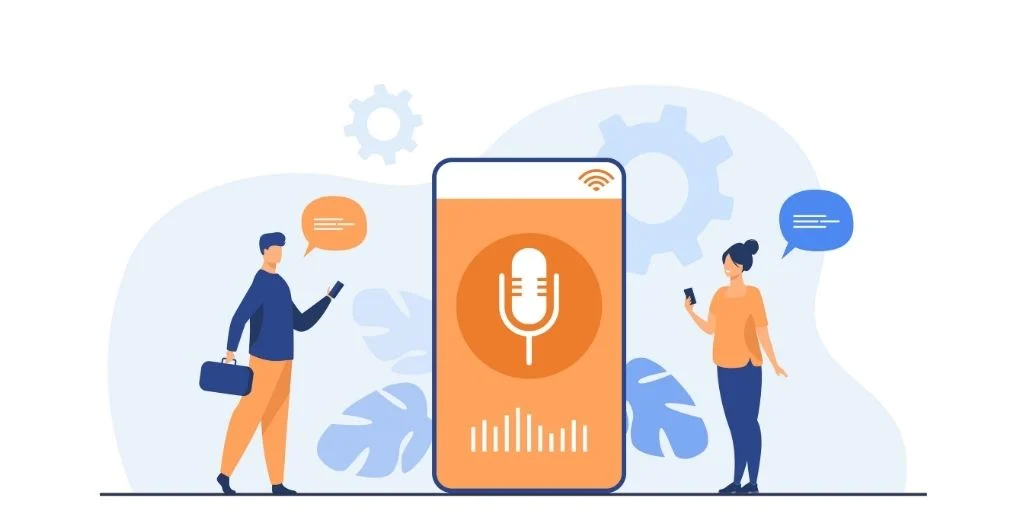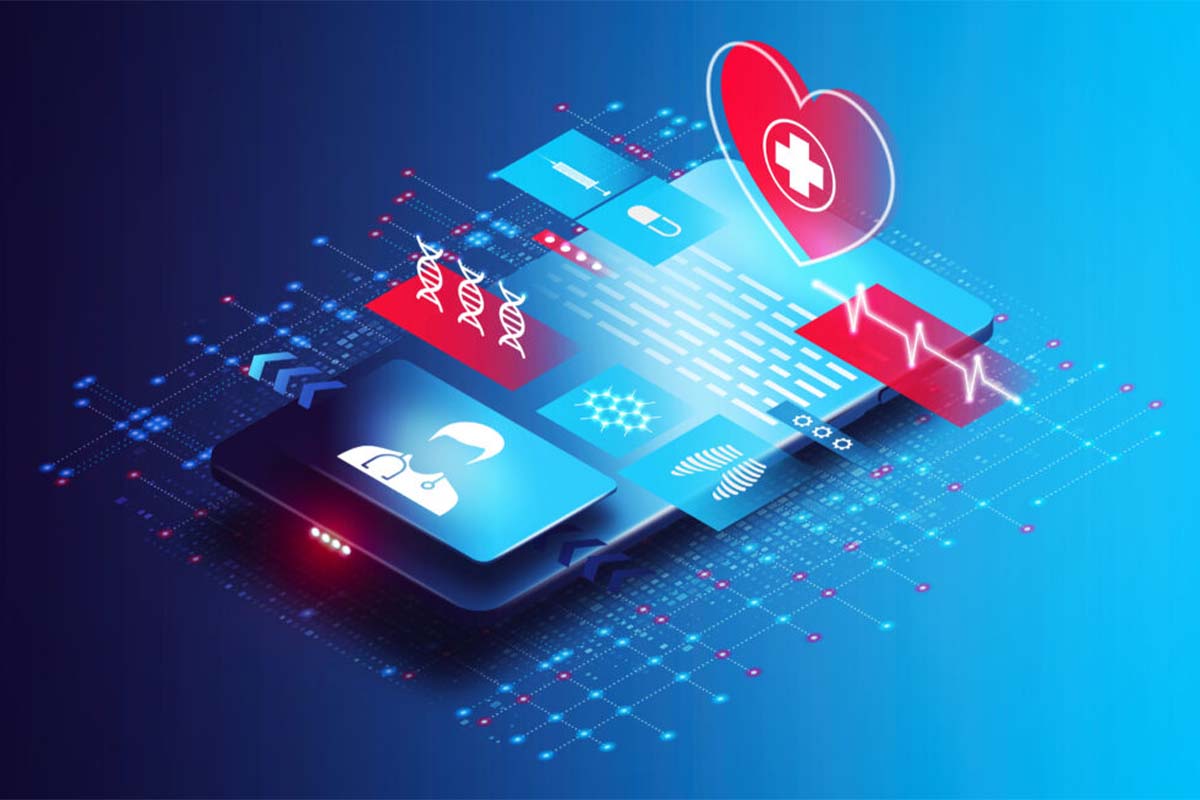Natural Language Processing Applications Every Business Should Know
Natural Language Processing is revolutionizing how businesses interact with data, customers, and operations. By enabling machines to understand human language, NLP bridges the gap between people and technology. Companies adopting these tools gain efficiency, insights, and competitive advantage across industries.
Natural Language Processing Applications
Customer support
NLP powers chatbots and virtual assistants that deliver 24/7 customer service. These tools understand and respond to queries instantly, reducing wait times. As a result, businesses enhance customer satisfaction while lowering operational costs associated with support teams.

Sentiment analysis
Understanding customer opinions is critical for brand management. NLP-driven sentiment analysis scans reviews, social media, and surveys to gauge emotions. With these insights, companies can refine strategies, resolve issues quickly, and align offerings with customer expectations.
Document automation
Manual document processing is time-consuming and prone to error. NLP automates tasks such as data extraction, contract review, and compliance checks. Businesses gain accuracy, reduce human workload, and accelerate decision-making through streamlined document workflows.
Market insights
NLP enables organizations to process vast amounts of unstructured data from news, forums, and social channels. By extracting trends and patterns, businesses gain real-time market intelligence. This supports faster responses to shifting customer demands and competitive pressures.

Voice recognition
Voice-enabled systems are becoming standard in many industries. NLP helps convert speech into actionable commands for devices, applications, and services. Businesses benefit from improved accessibility, hands-free operations, and enhanced customer engagement.

Multilingual support
Global businesses face challenges in serving diverse audiences. NLP provides translation and multilingual communication tools that break down language barriers. Companies can expand markets, improve inclusivity, and strengthen international customer relationships.
Fraud detection
By analyzing text in transactions, communications, and claims, suspicious behavior is flagged quickly. Early detection prevents losses, safeguards customers, and builds trust in financial services.
Personalization tools
NLP tailors recommendations by analyzing customer behavior and preferences. From e-commerce to media, businesses can offer personalized products, content, and promotions. This improves customer loyalty and drives higher conversion rates.
Knowledge management
Organizations accumulate large amounts of data over time. NLP helps structure, search, and retrieve relevant information efficiently. Employees access knowledge faster, boosting productivity and ensuring accurate decision-making within daily operations.
Recruitment processes
Hiring often involves sorting through resumes and applications. NLP automates resume screening and candidate matching, saving time for recruiters. Companies find top talent faster and reduce bias by relying on consistent, data-driven evaluations.
Healthcare applications
In healthcare, NLP assists in analyzing clinical notes, patient histories, and medical research. Doctors gain insights to improve diagnoses and treatments. By streamlining documentation, healthcare providers focus more on patient care.

Content creation
Businesses increasingly use NLP for generating and optimizing content. Tools create reports, marketing copy, and product descriptions at scale. With AI-driven suggestions, companies maintain consistent messaging while saving creative teams valuable time.

Competitive advantage
Adopting NLP provides a strong edge in crowded markets. Companies can react faster, serve customers better, and identify opportunities earlier. In a rapidly digitalizing world, businesses that integrate NLP stay ahead of their competitors.
Long-term outlook
NLP will continue evolving with advances in AI and machine learning. Future applications will include more nuanced understanding of context, tone, and emotion. Businesses embracing NLP early will position themselves for long-term innovation and growth.
Conclusion
From automating workflows to improving customer experiences, NLP applications span industries and use cases. Companies that adopt these solutions will streamline operations, enhance decision-making, and stay competitive in an increasingly data-driven economy.
